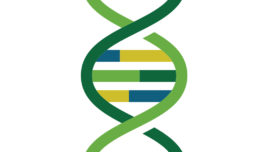Prohibiting Genetic Discrimination
Protections against genetic discrimination advance genetics research and the clinical use of genetics, as well as ensure the ethical use of genetic data. Ten years after the passage of the Genetic Information Nondiscrimination Act (GINA), ASHG remains a staunch advocate for GINA’s strong implementation and for other laws that enhance protections for the public. Related:... Read More

